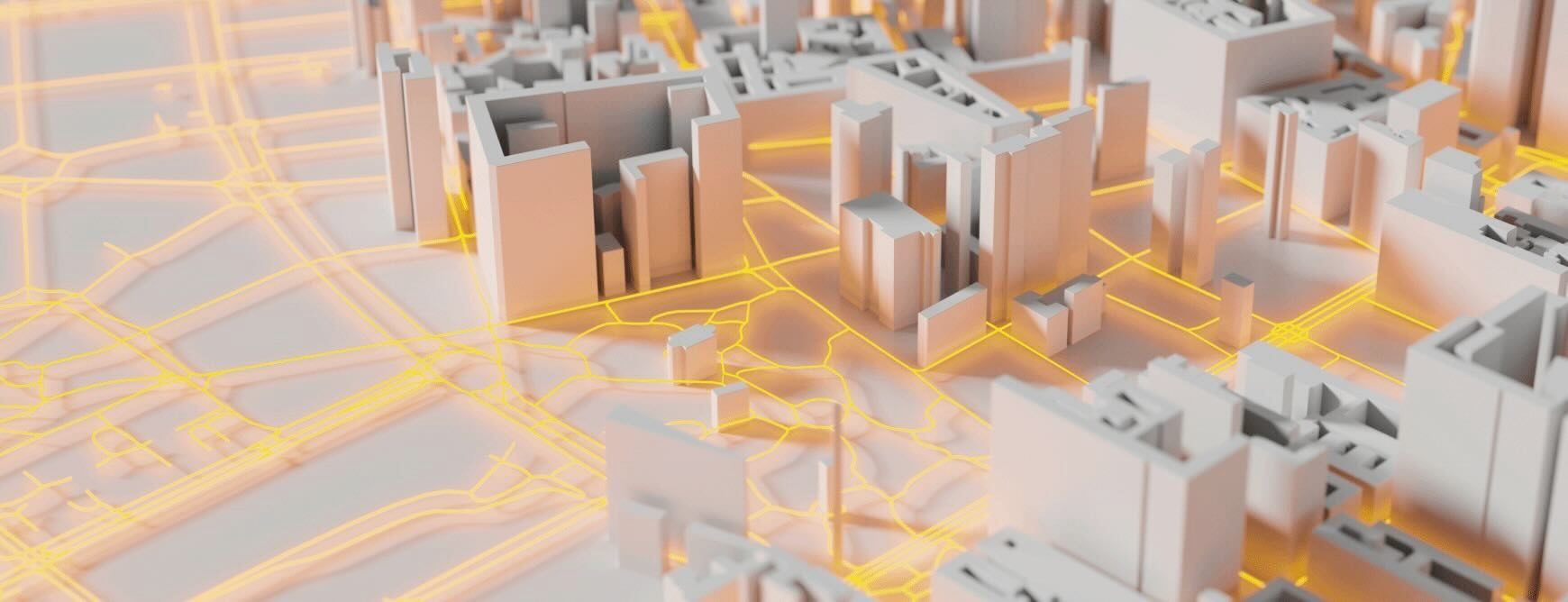Benefits to Cities and Society at Large
Smart city technologies promise improvements in the following areas:
- Sustainability: This is probably the number one goal of smart city systems: more efficient use of energy, resources, and city services.
- Public health: Cities can use data and analytics to identify at-risk areas and populations and direct interventions accordingly. Cities can also use those insights to inform long-term planning that prioritizes health and wellness.
- Digital equity: The smart city movement can help close the digital divide in several ways: using network sensing to identify areas where connectivity is lacking; physical infrastructure that can be used to deploy public wifi networks; and funding initiatives that include targeted allocations to help bring connectivity to underserved areas.
- Transportation: Data from cameras and speed sensors can be used to observe patterns and predict congestion, with the goals of shortening commute times, reducing air pollution, and optimizing public transit.
- Public safety: Connected citizens can function as data contributors by providing feedback, and cities can push out alerts and instructions to them as part of incident response. Location analytics with smart city data can inform crime reduction strategies.
- Economic development: Cities that implement smart city systems will have a competitive advantage in attracting residents and businesses because they’re striving to improve the quality of life for citizens today and into the future.
Challenges in Implementing Smart City Technologies
As digital solutions demonstrate their value, cities are clamoring to add them. However, political, budgetary, and technical challenges remain.
Many public advocates have raised concerns about privacy, surveillance, and the potential for misuse of data. These concerns must be addressed if smart city systems are to gain public trust and win wide acceptance. City budgets are always tight, and cities have layers of bureaucracy and compliance that must be managed if smart city initiatives are to move forward.
Many smart city systems depend on ubiquitous high-speed connectivity, often 5G. However, the 5G rollout is a massive, years-long effort that is only partly completed.
Address Challenges of Smart Cities with Pure Storage
Smart cities are helping their citizens live healthier, happier lives. Data drives the changes that cities seek, such as sustainability, digital equity, and improved public health. Smart cities collect massive amounts of data that must be stored, secured, and easily accessed when needed.
To help manage data for smart cities, Pure Storage® offers several solutions, including:
FlashBlade®: The world’s leading unified fast file and object (UFFO) platform. It’s ideally suited for analytics, machine learning, artificial intelligence, and similar edge data processes. The high density, low power consumption, and easy remote management of FlashBlade makes it ideal for deployments at edge locations.






